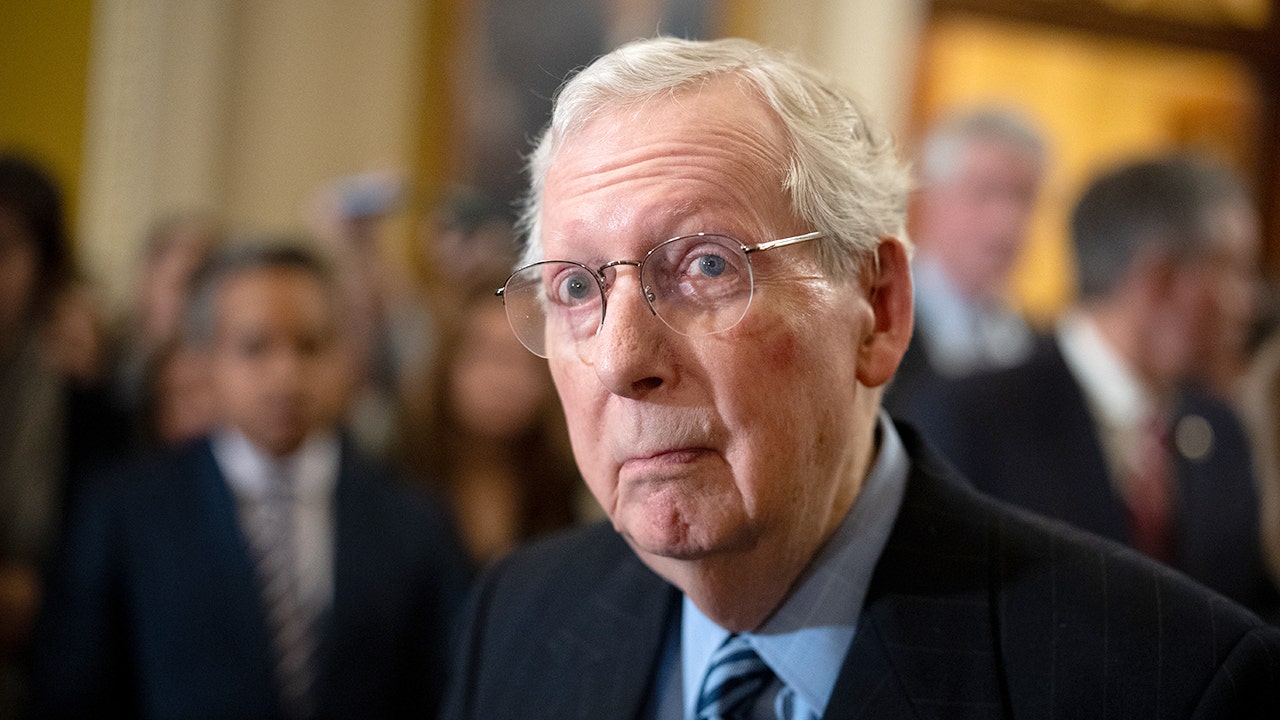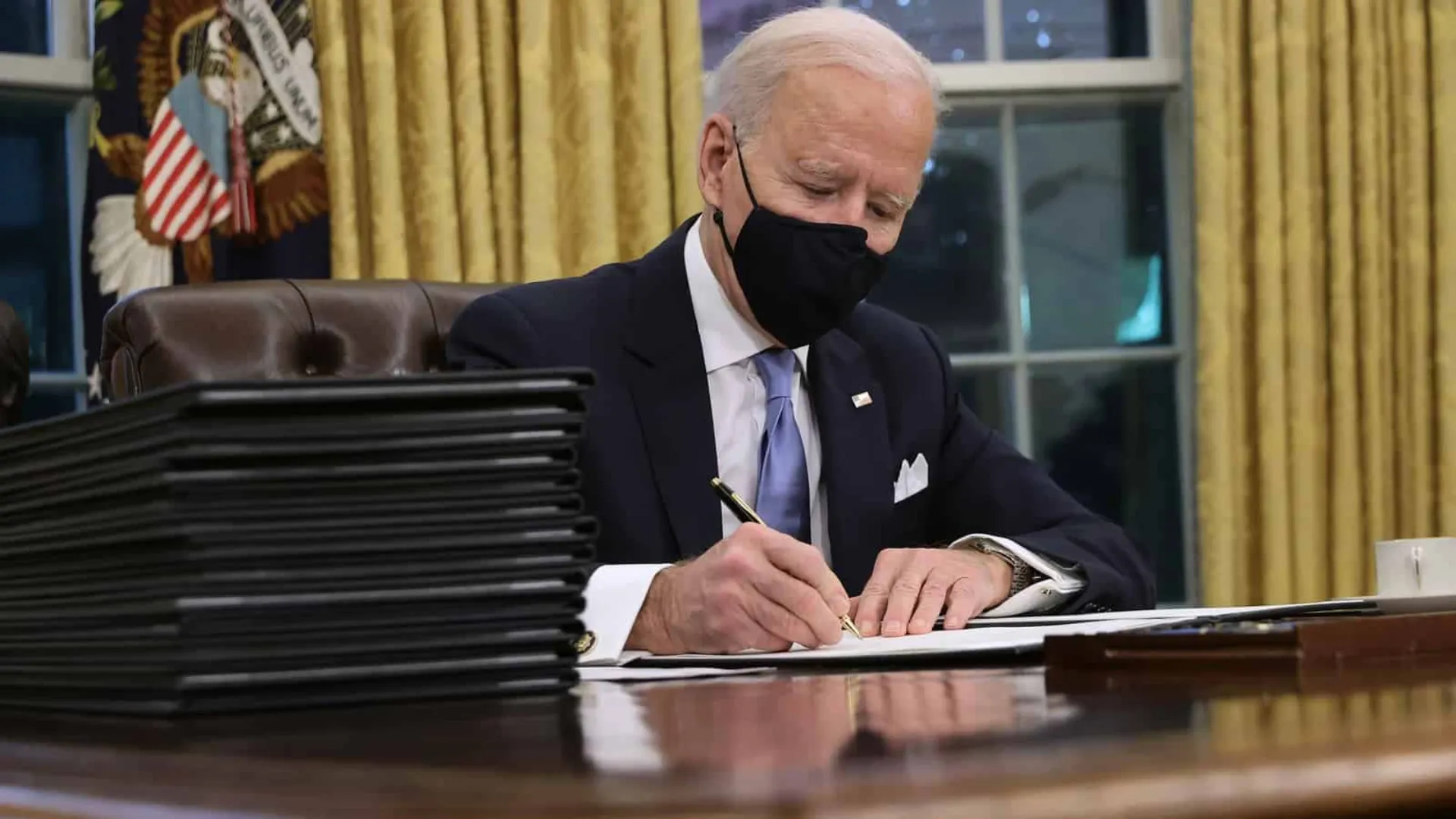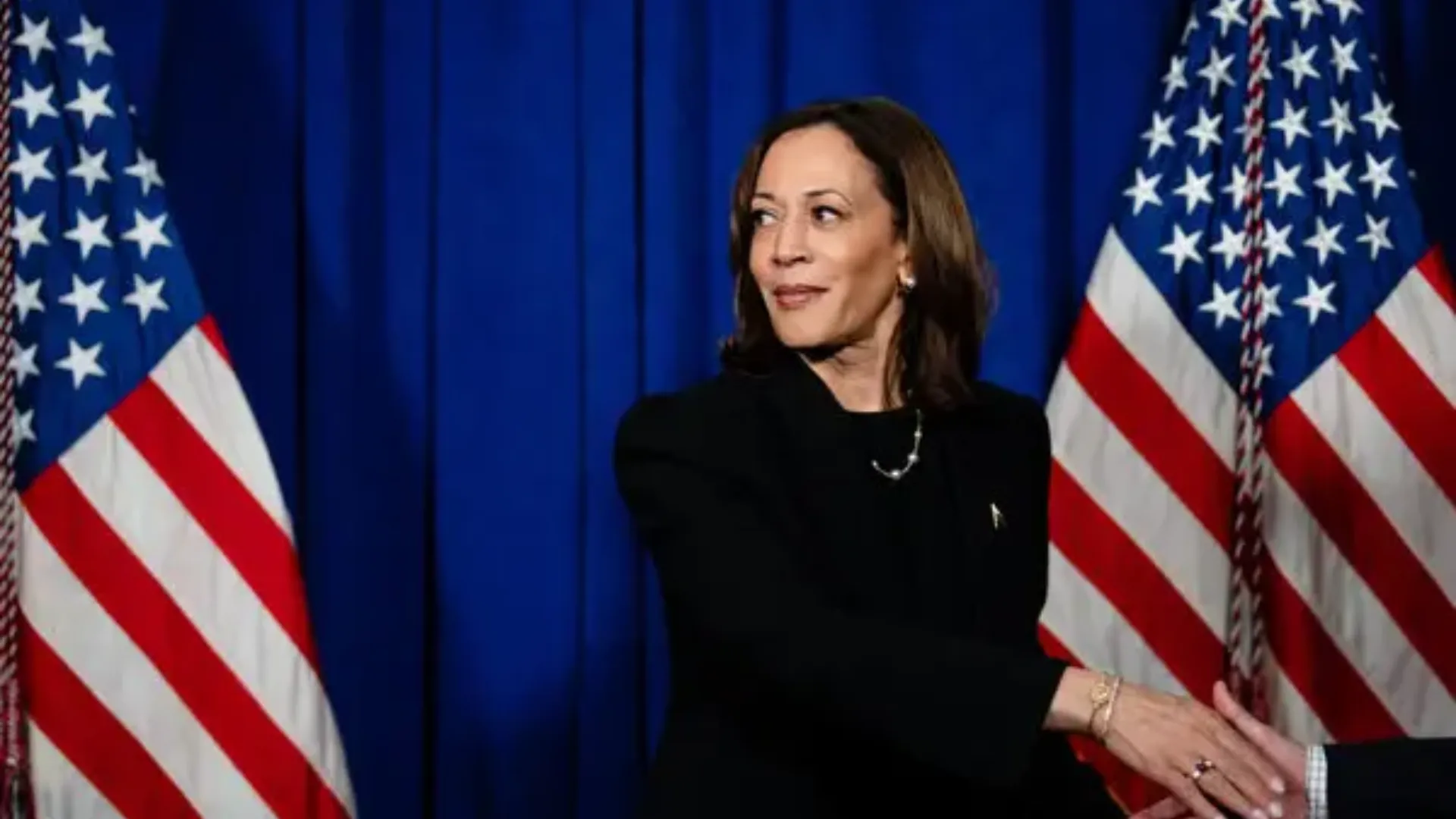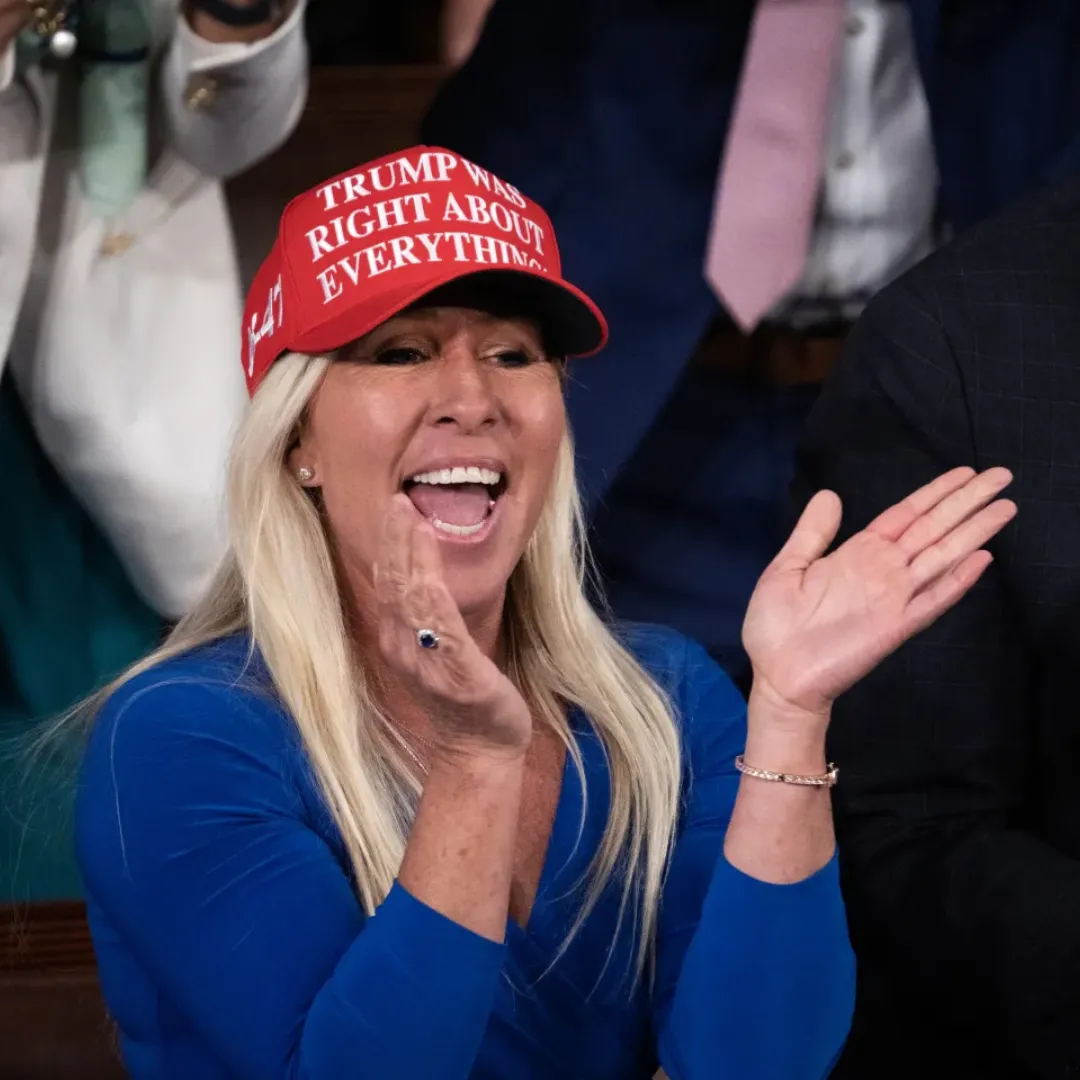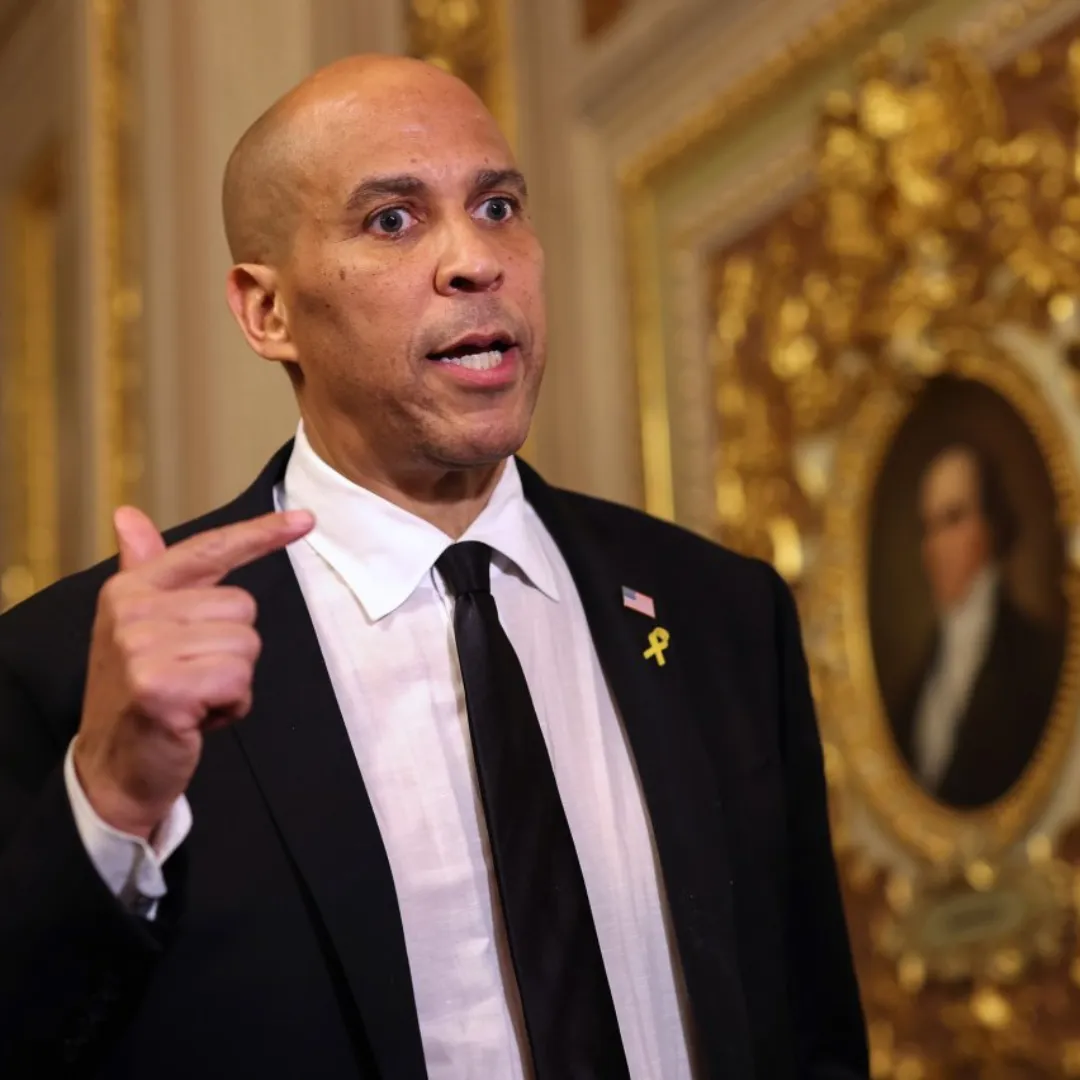In a public rebuke that underscored the widening generational and ideological divide within the Republican Party, Vice President J.D. Vance took aim at former Senate GOP Leader Mitch McConnell on Tuesday, accusing him of “political pettiness” after McConnell voted against confirming Elbridge Colby for a top Pentagon post.
Colby, a hawkish defense intellectual and longtime advocate for recalibrating U.S. foreign policy toward the Indo-Pacific, was nominated by President Donald Trump to serve as Undersecretary of Defense for Policy—the third most powerful position at the Department of Defense.
Though Colby was confirmed by a 54-45 vote, McConnell’s break from his party—and from the Trump administration—stood out as the only Republican “no” vote, raising eyebrows across Capitol Hill and prompting a swift and scathing reaction from Trump’s vice president.
“Mitch’s vote today—like so much of the last few years of his career—is one of the great acts of political pettiness I’ve ever seen,” Vance posted on X, formerly known as Twitter.
The comment lit up social media and cable news alike, becoming the latest flashpoint in a long-simmering feud between the old guard of the GOP and its newer, Trump-aligned leadership.
Though McConnell and Trump once cooperated to push through judicial nominations and tax reform during Trump’s first term, their relationship soured dramatically in the aftermath of the 2020 presidential election and the January 6 Capitol riot.
McConnell ultimately recognized President Joe Biden’s victory, calling it a constitutional requirement, while Trump and his allies viewed the move as betrayal.
The Colby vote, insiders say, was never just about foreign policy.
“This was a proxy war,” said one senior GOP aide, speaking anonymously. “McConnell doesn’t like the direction Trump is taking national security, but more importantly, he doesn’t like being sidelined in a party he once ran.”
Vance’s reaction—blunt, personal, and immediate—suggests the Trump-aligned wing of the GOP is not only ascendant but emboldened.
“This isn’t about strategy. It’s about settling scores,” said Dr. Martha Kline, a political historian at Georgetown. “You don’t usually see sitting vice presidents attacking retired party leaders by name. This is the new Republican Party airing its growing pains in public.”
Colby, a Yale Law graduate and co-founder of The Marathon Initiative, a think tank focused on great-power competition, has become a leading voice in the movement to shift U.S. national security resources toward countering China’s rise.
His 2021 book, The Strategy of Denial, argues that the U.S. must prioritize deterring Chinese aggression in the Indo-Pacific above other global obligations.
Colby has also been critical of “forever wars” in the Middle East and has called for a more focused, Asia-centered defense doctrine—positions that have garnered support among nationalists and isolationists, but concern from traditionalists like McConnell.
In a sharply worded statement following the vote, McConnell made his objections clear.
“The prioritization that Mr. Colby argues is fresh, new, and urgently needed is, in fact, a return to an Obama-era conception of a la carte geostrategy,” McConnell said.
“Abandoning Ukraine and Europe and downplaying the Middle East to prioritize the Indo-Pacific is not a clever geopolitical chess move. It is geostrategic self-harm that emboldens our adversaries and drives wedges between America and our allies for them to exploit.”
McConnell’s remarks reflect a worldview shaped by decades of Cold War-era thinking, NATO expansion, and bipartisan support for global democratic alliances. In contrast, Colby represents a school of thought that views U.S. power as finite, and warns that spreading it too thin risks catastrophic failure in Asia.
Trump’s embrace of Colby is no accident. The nomination was a clear signal that his administration’s second term would double down on America First realism, prioritizing strategic competition with China while reducing commitments in Europe and the Middle East.
Colby’s confirmation was also seen as a test of loyalty within the Senate GOP—one that, for most Republicans, was easy to pass.
Three Democrats—Sens. Jack Reed (R.I.), Mark Kelly (Ariz.), and Elissa Slotkin (Mich.)—joined nearly every Republican in voting yes, adding bipartisan legitimacy to the pick. Reed and Kelly, both military veterans, praised Colby’s “clear strategic thinking” and “deep understanding of defense policy.”
Slotkin, a former CIA analyst, said, “I may not agree with Mr. Colby on everything, but we need serious people with serious ideas in senior defense roles.”
Yet McConnell stood alone, a symbol of a GOP increasingly fractured along generational and ideological lines.
Though McConnell announced earlier this year that he would not seek reelection, he remains a potent figure in Republican politics, commanding loyalty from institutional conservatives, donors, and international allies.
His vote against Colby, however, underscored his increasingly outsider role in the party he once defined.
Vance’s attack wasn’t just political—it was deeply personal, aimed at McConnell’s legacy.
“For Vance to call McConnell’s vote ‘pettiness’ is a full break,” said Maya Bradford, a Senate correspondent. “There’s no walking that back. That’s the vice president effectively saying, ‘You’ve become a footnote in your own party.’”
McConnell’s allies pushed back, arguing that the Kentucky senator is staying true to long-held beliefs. “He’s not interested in trends,” one aide said. “He’s interested in American leadership.”
The Colby confirmation—and the high-profile spat it triggered—underscores a broader realignment of the Republican foreign policy platform.
What was once a party of hawkish internationalism has morphed into a coalition of realists, nationalists, and populists, many of whom view alliances like NATO with skepticism and favor bilateral deals that reflect transactional logic.
In that context, Colby isn’t just a defense nominee—he’s a signal flare for the next generation of Republican geopolitics.
“We’re watching the end of one doctrine and the rise of another,” said Dr. Kline. “McConnell represents post-WWII global leadership. Vance and Colby represent a new, more inward-facing nationalism.”
Though the Pentagon role Colby now holds is not a cabinet-level position, it is critically important. As Undersecretary for Policy, Colby will help shape the Defense Department’s strategic priorities, oversee planning, and coordinate military policy with allies and partners—at a time when the U.S. is stretched thin from Ukraine to Taiwan.
Observers say his appointment signals a more confrontational stance toward Beijing, as well as a likely reduction in U.S. involvement in secondary theaters like the Middle East and parts of Eastern Europe.
The question now is whether this new strategy will deliver security—or sow division.
For Vance, the battle lines are already drawn.
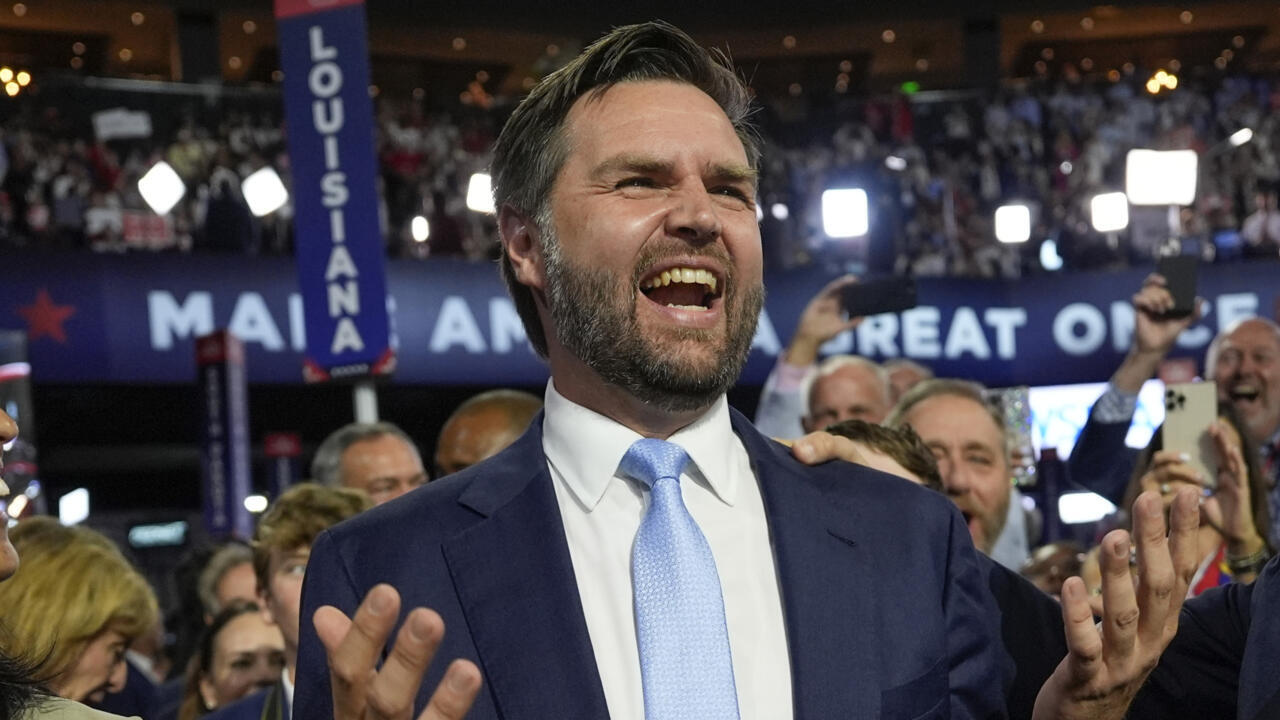
“The old ways didn’t keep us safe, they kept us stuck,” he said in a follow-up interview. “Colby has a plan. He has a purpose. And he’s not afraid to challenge sacred cows. That’s why Mitch hates him.”
McConnell, for his part, seems content to cast his votes and let history judge.
